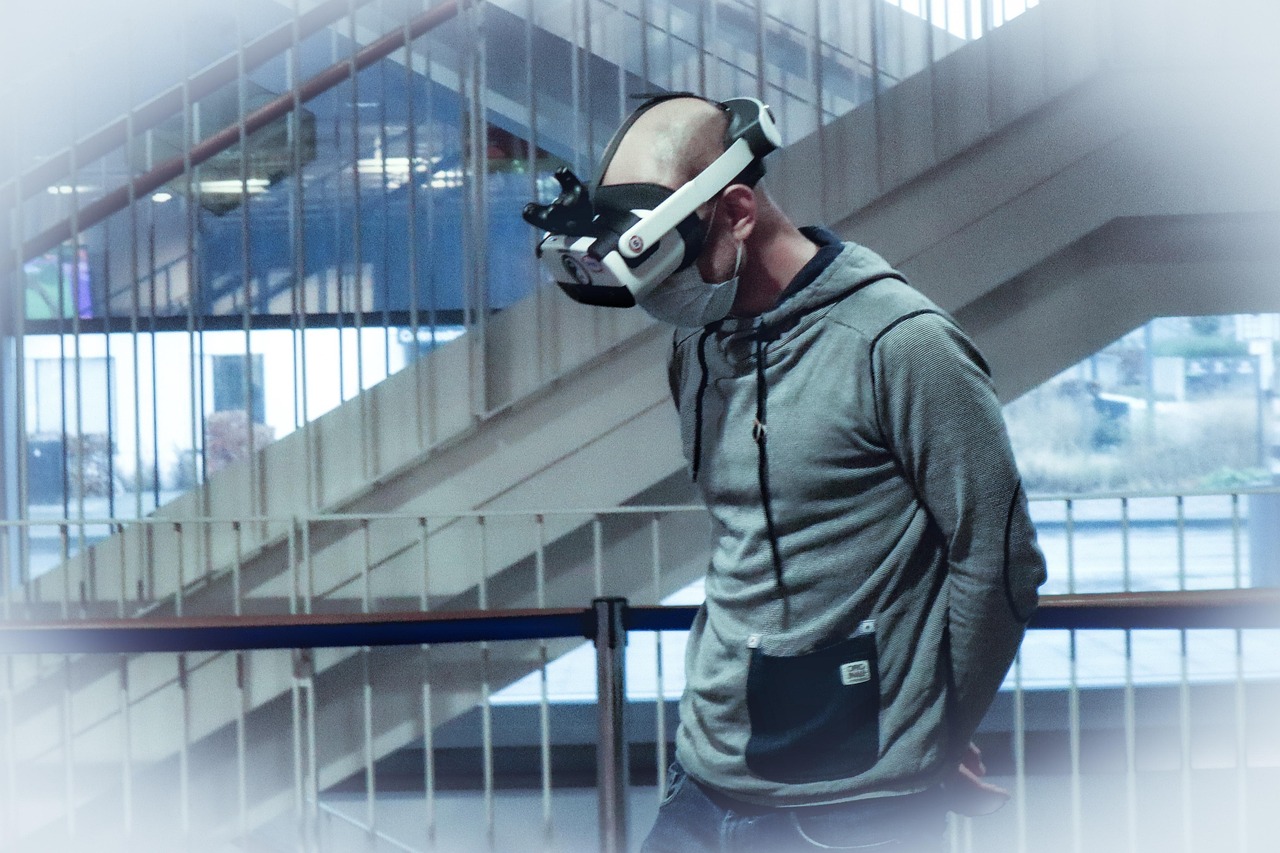Understanding the Role of Judicial Review in Modern Democracies
The concept of judicial review plays a critical role in modern democracies. It provides a necessary check on legislative and executive powers, ensuring laws and policies align with a country's constitution. This article explores the origins, implications, and contemporary relevance of judicial review, offering a comprehensive understanding of this fundamental legal principle.

The Origins of Judicial Review
Judicial review traces its roots back to the late 18th century, particularly in the United States. The landmark case of Marbury v. Madison in 1803 established the Supreme Court’s authority to review and invalidate laws that contradict the Constitution. This ruling set a precedent, shaping the interpretation of constitutional law and fostering the development of judicial review in democracies worldwide.
Understanding the Function of Judicial Review
In essence, judicial review serves as an essential mechanism for maintaining the rule of law. It empowers courts to scrutinize legislation and executive actions, determining their constitutionality. If a law or policy is deemed unconstitutional, the judiciary has the authority to strike it down. This oversight function ensures that all branches of government operate within their constitutional boundaries, preserving democratic principles and safeguarding citizens’ rights.
Contemporary Application of Judicial Review
In recent years, judicial review has been at the forefront of some of the most significant legal developments. Courts worldwide are increasingly tasked with reviewing the constitutionality of laws addressing issues such as climate change, human rights, and public health policies. These cases illustrate the enduring importance and relevance of judicial review in upholding democratic values and addressing contemporary societal challenges.
The Impact and Implications of Judicial Review
The influence of judicial review extends beyond the legal realm, shaping social, political, and economic landscapes. By interpreting and enforcing constitutional principles, the judiciary can influence policy direction, balance power dynamics, and protect minority rights. However, the exercise of judicial review also raises questions about the separation of powers and the judiciary’s role in shaping policy, sparking ongoing debates about judicial activism and restraint.
The Future of Judicial Review
As the legal landscape evolves, so too does the role and application of judicial review. Future advancements in technology, shifts in societal values, and changes in political landscapes will continue to challenge and redefine the boundaries of judicial review. As such, understanding this principle is critical not only for legal professionals but also for informed citizens navigating the complexities of modern democracies.
In conclusion, judicial review is a crucial pillar of democratic governance, offering a mechanism for upholding the rule of law and protecting citizens’ rights. Its influence permeates all aspects of society, underscoring the importance of understanding this complex yet integral legal principle. As the world evolves, so too will the application and implications of judicial review, making it a continually relevant topic of discussion.






